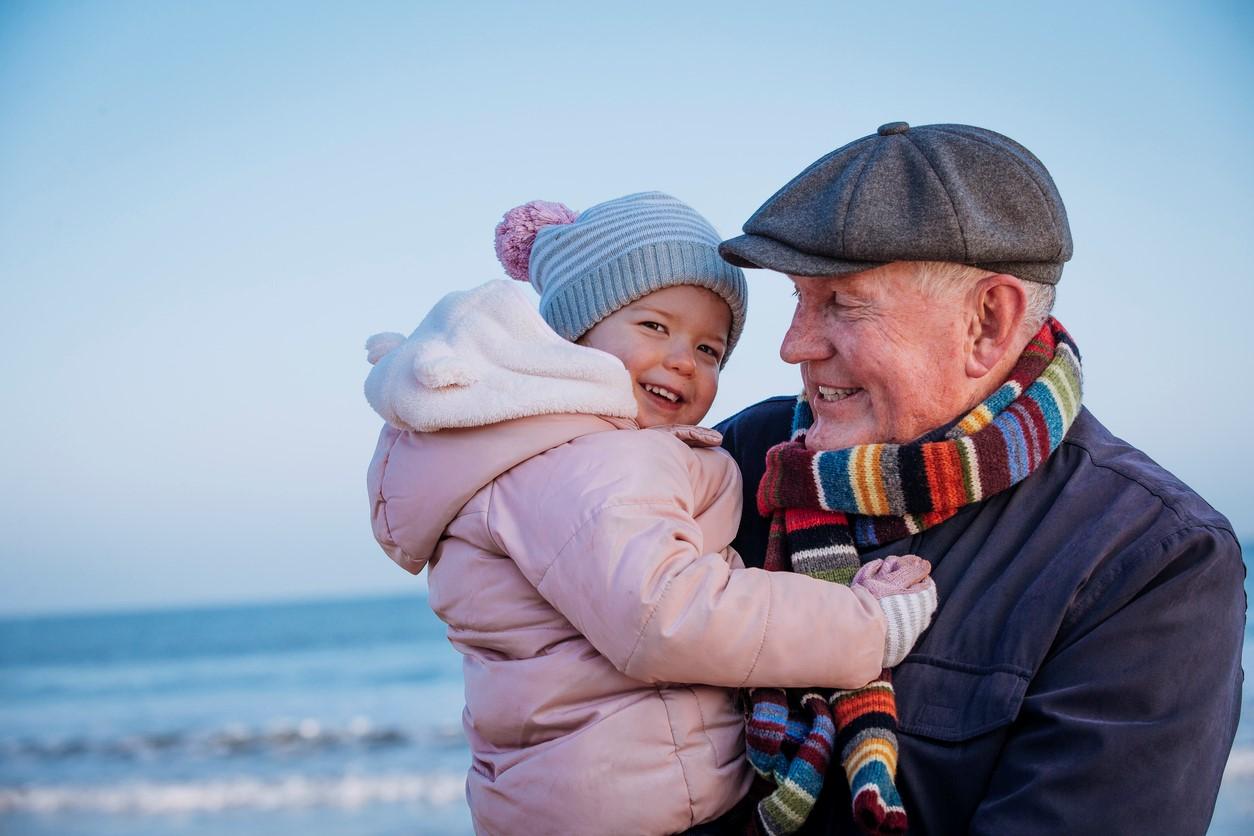
Comment rester au chaud cet hiver
Peer reviewed by Dr Krishna Vakharia, MRCGPAuthored by Gillian HarveyOriginally published 22 Dec 2022
- TéléchargerTélécharger
- Partager
This winter, many of us are feeling wary about turning up the thermostat. Rising energy prices and the strain on household finances mean that many people are being forced to cut costs. But while it’s important to keep an eye on the finances, it's also essential to consider our health and the health of those around us.
Dans cet article :
Poursuivre la lecture ci-dessous
Does getting cold affect our immune system?
Many of us will have been told ‘you'll catch a cold’ when we ventured out without a coat as children. But while there's no evidence that cold directly affects the immune system, cold temperatures might help existing viruses to thrive. "Being cold does not directly affect the immune system, but research has shown that some viruses - especially rhinovirus, which causes the common cold - replicate better in cold and dry conditions. So, we are likely to get more colds in the winter/cold temperatures as compared to the summer/hot temperatures," explains Doctor Samar Mahmood.
How cold is too cold?
If we're used to wandering around our house in a t-shirt whatever the weather, dropping the heating a couple of degrees might simply mean we need to dress more warmly when indoors. But if we're trying to avoid turning on the heating in the coldest weather, it's important to understand the symptoms of our body becoming dangerously cold. "The average normal body temperature is anything between around 360Cand 37.50C. If the core body temperature drops below around350C then signs of hypothermia can set in - including shivering, drowsiness, pallor, initially rapid and then eventually slowed down breathing and a fast heart rate,” says Mahmood.
Qui est le plus à risque ?
While being too cold is unpleasant for anyone, some people are more susceptible to the cold than others. Colder temperatures can be especially dangerous to those who are vulnerable or dealing with poor health. Low temperatures are more dangerous for: "anyone at the extremes of age, such as very small children and the elderly,” says Mahmood.
Keeping an eye on others
Even if we are not feeling the financial pinch this winter, it's important to be mindful of others. Neighbours or relatives, especially those who are elderly, might be embarrassed to admit they are living in conditions that are too cold. If you are concerned, it's important to be aware of how to know that someone is suffering in the cold temperatures. "Signs may include having cold fingers and/or toes, as the extremities get colder first," says Mahmood. "You may also notice a person shivering."
"If this carries on and the body temperature continues to reduce then more serious signs can develop. These may include some of the signs of hypothermia, and also blueish discolouration of the skin as well as confusion."
Seek urgent medical advice if someone is showing the signs of hypothermia.
Choix des patients pour Les conditions environnementales

Santé générale et mode de vie
Festival à l'étranger ? Amusez-vous bien et restez en sécurité
Vous avez acheté vos billets, choisi les artistes que vous voulez voir, planifié vos tenues et emballé vos paillettes - mais les festivals internationaux peuvent nécessiter un peu plus d'organisation, et la liste des choses à faire peut varier en fonction du pays. Nous avons créé un guide simple pour toutes ces considérations supplémentaires en matière de santé et de sécurité, afin que vous puissiez profiter au plus vite des vibrations d'un festival sans tracas.
par Amberley Davis

Santé générale et mode de vie
Épuisement par la chaleur et coup de chaleur
Les risques d'une exposition excessive de la peau au soleil sont bien connus. L'excès de soleil augmente le risque de cancer de la peau, et la brûlure présente un risque particulièrement élevé de mélanome malin. Mais à court terme, l'excès de chaleur entraîne également un risque d'épuisement par la chaleur qui, s'il n'est pas traité, peut conduire à un coup de chaleur potentiellement mortel.
par le Dr Doug McKechnie, MRCGP
Keeping warm this winter
In this time of financial crisis, staying warm this winter may not be easy. However, the following advice from Age UK may help to stave off the harmful affects of cold weather this winter:
Continuez à avancer
Exercise can help to raise our core temperature. So being more active can help.Support and encourage the people in your life to keep moving around at home or take up simple indoor exercises, especially if they can't get out and about as usual.
Bien manger
As well as protecting our outer warmth, eating well can both warm us up and help with our energy levels. Eating well is important to keep someone’s strength up, and hot food and drinks will help stay warm.
Layer up
Thick jumpers can be great at staving off the winter cold, but if you want to stay toasty, having several layers of clothing is the best way to keep warm in winter. If you're heading out, make sure you take some extra layers with you, even if you don't need them immediately - the temperature can drop significantly when the sun goes in.
Get Jabbed
To avoid winter bugs, it's also important to take advantage of Flu jabs if offered, and keep up to date with your Covid19 boosters. Being cold can help viruses to thrive, so it's important to stay protected.
Speak to your energy company
With the cost of energy on the rise, many of us are dreading how the price of our gas and electric may affect our finances. If you are worried about paying your bills, or turning on the heating at all, it's worth having a chat with your energy company which can offer advice and may be able to provide support.
What if I’m worried?
If you're worried about an elderly or vulnerable person, make sure you seek advice. If the person is elderly, Age UK has a variety of ways it can support.
While some people may claim that the cold 'doesn't do any harm' this is far from being the case. Keeping warm during the winter is an important part of staying healthy, especially for those who are vulnerable. If concerned, make sure you reach out to friends or relatives, or seek medical advice if symptoms develop.
Historique de l'article
Les informations contenues dans cette page ont été évaluées par des cliniciens qualifiés.
22 Dec 2022 | Originally published
Auteur: :
Gillian HarveyExaminé par des pairs
Dr Krishna Vakharia, MRCGP

Demandez, partagez, connectez-vous.
Parcourez les discussions, posez des questions et partagez vos expériences sur des centaines de sujets liés à la santé.

Vous ne vous sentez pas bien ?
Évaluez gratuitement vos symptômes en ligne